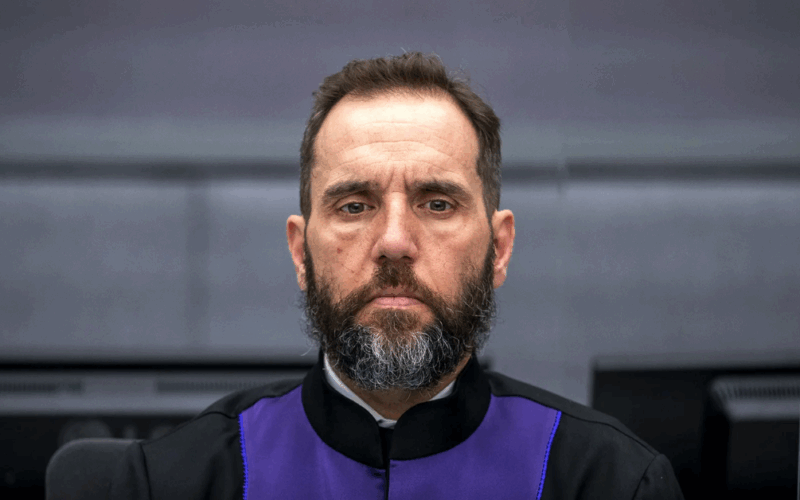The Department of Justice (DOJ) recently won a legal battle against The New York Times (NYT), which sought access to Jack Smith’s Mar-a-Lago report on former President Donald Trump. The case drew significant attention because many wanted to know what was in the report, but the judge decided not to question Special Counsel Smith’s choice to withhold certain information.
This decision highlights the challenges news organizations and the public face when trying to obtain sensitive government documents. It also raises questions about transparency and how the justice system balances public interest with national security or privacy concerns.
Background of the NYT Lawsuit and the Mar-a-Lago Report
The New York Times filed a lawsuit aiming to get the DOJ to release Jack Smith’s report related to the infamous Mar-a-Lago search. This search was part of a broader investigation into the former president’s handling of classified documents. According to CNN, the report contains details about how evidence was collected and whether any laws were broken during the search.
Jack Smith, appointed as a special counsel, is responsible for overseeing this critical investigation. The DOJ argued that releasing this report publicly could harm the investigation and potentially reveal sensitive information. The NYT claimed this act of withholding was improper and violated transparency principles, pushing the court to force disclosure.
Judge’s Ruling: Not Improper Withholding
The judge reviewed the case carefully but ultimately sided with the DOJ and Jack Smith. The court expressed that it should not second-guess the special counsel’s decision to withhold the report. This ruling confirms that the justice system trusts the internal judgment of special counsel and the DOJ in handling sensitive criminal investigations.
According to Reuters, the judge emphasized that premature public disclosure could jeopardize ongoing investigations and that there had been no clear evidence that the withholding was improper.
What This Means for Government Transparency
This legal outcome sparks debate on the balance between government transparency and national security. Many argue that the public has the right to know what was contained in the report, especially considering the high-profile nature of the case involving Donald Trump.
However, legal experts note that withholding information until investigations are complete is often necessary to protect the integrity of the process. As reported by The Washington Post, judges usually avoid interfering with prosecutorial decisions unless there’s clear misconduct or abuse of power.
Impact on Journalistic Access to Government Documents
The ruling could affect how journalists and news outlets access sensitive government materials in the future. While the Freedom of Information Act (FOIA) allows requests for many federal documents, certain cases involving national security or ongoing criminal investigations may remain out of reach.
For younger readers interested in law, journalism, or government affairs, this case is a reminder that legal and ethical considerations often shape what information becomes public. Patience and respect for judicial processes are crucial when dealing with such sensitive topics.
What’s Next in the Case?
The DOJ and Jack Smith will continue managing the investigation around Mar-a-Lago without releasing the full report for the time being. The NYT and similar organizations may pursue further legal options or wait until investigations conclude to get more details.
Meanwhile, the public can follow reliable news sources to stay informed about updates. The situation remains fluid, with national attention focused on how justice and transparency will unfold in politically sensitive scenarios.
Conclusion
The decision to let the DOJ withhold Jack Smith’s Mar-a-Lago report shows the judiciary’s cautious approach to balancing transparency with protecting justice procedures. While the New York Times expressed disappointment, the court agreed with the special counsel’s judgment that releasing the report could be harmful.
This case is an important example of how complex legal issues around government documents can affect public knowledge and trust. For young readers and news followers globally, understanding these legal dynamics is key to grasping modern democracy and accountability.




